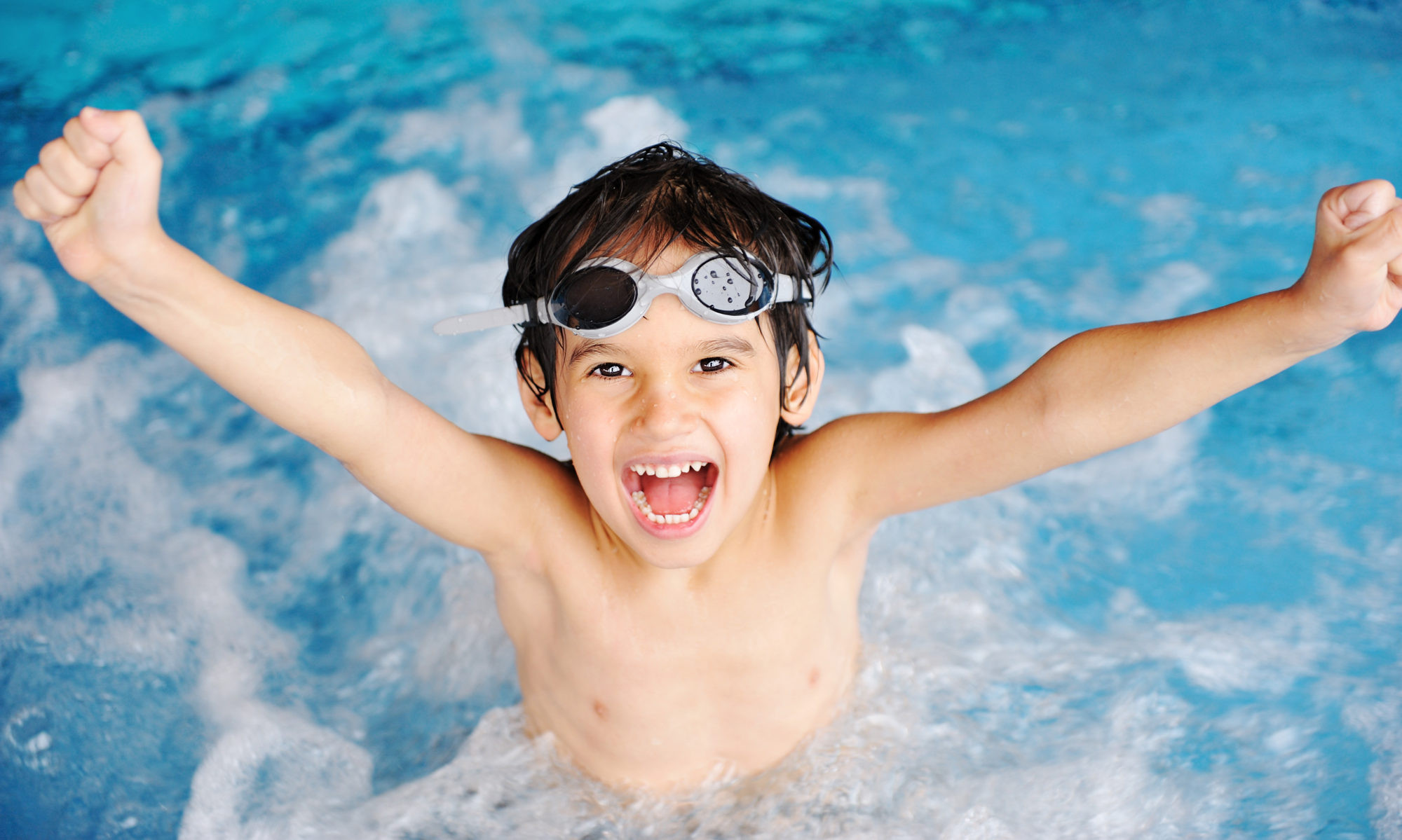You’re shelling out a small fortune to ensure that your kids learn to swim. It’s a great gift that you’re giving them, one they’ll enjoy for the rest of their lives. It will help to keep them safe. It will let them have fun. It’s the gateway skill to all sorts of other great water sports: surfing, kayaking, water polo, yachting, aquaerobics. How do you make the most of those lessons, though? How do you make sure that the lessons take, instead of just taking up summertime?
5 Tips for Making the Most of Your Kids’ Swimming Lessons
- Angle for the best teacher in the school. If the school’s owner gives lessons one day a week, sign up for that day. If the owner doesn’t seem to mesh with your kids, ask the owner who the best teacher is. Ask other parents who the best teacher is. Get that teacher. Most of the swimming teachers will be college students who are swimmers, not teachers. They’ve gone through a slapdash training program. They’re following a checklist, and they don’t know what to do if your kids need a little something more than what’s on the checklist. You need someone who has experience and an emotional (and preferably financial too) investment in teaching swimming to provide that something extra that will help your kids past the rough spots.
- Pay attention. That half hour may be the one solid break in your day, and you could spend it reading a good book or checking email, but don’t. Instead, pay attention to what your kids are practicing in class. You can use that later.
- Ask for a recap. It’s tempting to rush straight to the car or the changing room after class, but don’t. Instead, bring a warm drink in a thermos and a big fuzzy towel, wrap your child up and help him get warm, and ask for a one-minute recap of the day’s class. What was the point of the lesson? How did the teacher get it across? Was your child getting it?
- Review and visualize. A couple of times a day, discuss the swimming lesson with your kids. It doesn’t have to be a big discussion—a minute or two should do it. Talk about what you observed (that’s what the paying attention was for!) and about what you learned in the recap with the teacher. Ask your kids to imagine that they’re back in the pool and picture themselves going through the motions they learned in class. This visualization exercise, the same one that elite athletes use, will help your kids retain what they’ve learned from lesson to lesson. It will even improve their bodies’ muscle memory. (Weird but true.) One or two lessons a week aren’t going to give your kids the frequency of practice they need to retain much of what they learn. Just talking and thinking about it can help preserve at least some of that learning from lesson to lesson.
- Practice. If you’ve got access to a swimming pool between lessons, get in there with your kids. Have fun, and work on the same things they’ve been learning in their swimming lessons. Play games that support learning the skills your kids have been working on in class. If you don’t have a place to get wet (don’t forget the bathtub for practicing some of the basics like blowing bubbles), there are lots of swimming skills that you can practice or enhance with exercises on dry land. (Check out the archives for more tips.)
Even if you’re paying somebody else to teach your kids to swim (and there are reasons to do it yourself), these tips and a few minutes a day of your time can make those lessons go farther and can help your kids to learn to swim and to achieve water safety faster.

I’ve just started using your book and it actually works! I didn’t think a book could work. I thought the only way to teach someone to swim was either to hire an expensive teacher or by trial and error. The best part is …I’m actually having fun too. Thanks.
P.S. Now all I need is a book on “How to teach your kids to read”!
Great ideas, Karen!
Thanks!
Just in time for summer! Thanks.
Really good info. Thanks Karen.
What great tips! Can’t wait to try it out this summer.
Thanks Karen! I am going to try your tips this summer!